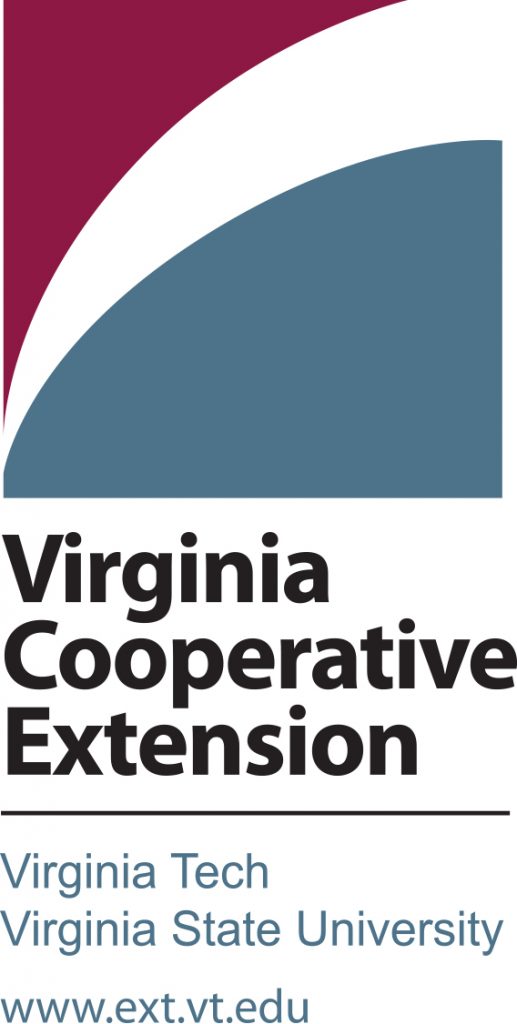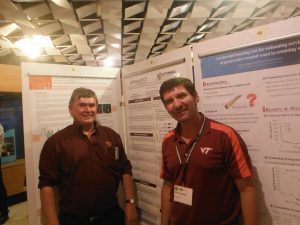Taking Advantage of Current Trends, Market Opportunities and Improvements
May 12, 2016. Hyatt Place. 4401 S. Laburnum Avenue, Richmond, VA 23231

8:00-9:00am . The Housing Market, its impact on the Wood Products Industry, and opportunities- Urs Buehlmann
This session will focus on the current state of the housing market and discuss its future. The U.S. private construction market generates, with roughly $750 billion per year, approximately 5% of U.S. GDP and if housing services are included it accounts for about 18 percent of U.S. GDP. An estimated $360 billion is spent on residential construction, four-fifths (on a Dollar basis) on single-family homes (700,000 units/year) and one-fifth on multi-family homes (350,000 units/year). The residential building market is of outmost importance to the U.S. wood industry, with an estimated 70 percent of softwood and more than 50 percent of the appearance hardwood harvest going to this market.
9:00am–10:00 am. Building Bigger : New Market Opportunities in Massive Timber– Dan Hindman
Massive timber is a new class of wooden building materials including cross laminated timber and nail laminated timber. Current production in the United States is limited, but growth and interest in the engineering and architecture community continues to grow. This presentation will discuss what massive timber is and what market opportunities for softwood and hardwood lumber are available
10:00 am:10-15 am. Break
10:15 am-11:15 am. Hardwood Exports: Current State and Opportunities – Mike Snow
11:15 am-12:00 pm. The Pallet Story – Hardwood and Softwood Use, Recovery/Repair/Recycling, and Greenness Opportunities – Phil Araman
This session will cover information on wood material use and pallet production and will focus on ways to minimize production waste from pallet cants and parts while producing better pallets. Pallet recovery, repair, and recycling techniques and numbers will be discussed. Ways to to be certified by an international environmental group for recycled pallets will be covered.
12:00 pm-1:00 pm. Lunch break. On your own.
1:00 pm- 3:00 pm – Identifying and measuring waste in your supply chain- Henry Quesada
Measuring waste in your manufacturing process is a critical activity to increase production efficiencies and customer satisfaction levels. However, little has been developed to adopt lean management tools to the entire supply chain. In this presentation we will explain how to use value-stream mapping, a key tool in lean management, to quantify and analyze waste in your supply chain in wood products industries.
3:30 pm- 3:45 pm. Break
3:45 pm- 5:00 pm. Meeting Your Customer’s Needs: Improving Your Lumber Drying Quality – Brian Bond
Regardless of your position in the value chain, logger, sawmill, drying facility or secondary producer, many aspects of wood quality and customer satisfaction are related to the drying process. This session will focus on achieving the best final moisture content, proper moisture content spread, prevention of warp, stain, and other drying quality issues.
- Registration: The investment is $70 for the morning or the afternoon sessions. If you register for both sessions the investment is $100. Coffee breaks are available. For registration please follow this link: http://www.cpe.vt.edu/reg/vfpa/
- Venue: Hyatt Place. 4401 Laburnum Avenue. Richmond, VA, 23231. Phone number is (804) 549-44865
- Contact information: If you have any questions regarding this event, please email Mrs. Angela Riegel at ariegel@vt.edu or call at (540) 231-7107
- Non-discrimination Statement
Virginia Cooperative Extension programs and employment are open to all, regardless of race, color, national origin, sex, religion, age, disability, political beliefs, sexual orientation, genetic information, marital, family, or veteran status, or any other basis protected by law. An equal opportunity/affirmative action employer.
- ADA Statement
If you are a person with a disability and desire any assistive devices, services or other accommodations to participate in this activity, please contact Henry Quesada at 540-2310978/TDD* during business hours of 8 a.m. and 5 p.m. to discuss accommodations 5 days prior to the event. *TDD number is 800-828-1120
- Sponsor by:
Virginia Forest Products Association (VFPA)







